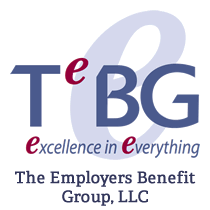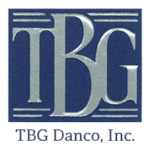Self-insurance of an employee benefits health care plan is based on the business maxim of “budget for predictable costs…and insure only the unpredictable”. Self-insured healthcare plans are designed to promote high-quality, cost-effective care for the employees and their families, not to reward carriers, administrators or health care providers.
Self-insurance also brings greater price transparency for health care services. There are approximately 350 to 400 procedures that comprise 90% of the healthcare practice. It should be the role of the plan sponsor to determine the appropriate reimbursement for these procedures and then establish plan incentives to encourage plan participants to select high-quality, cost-effective providers.
The current revenue and profit models for insurers and their advisors is based on costs continuing to rise. This is part of the issue surrounding the continuing increase in healthcare expenditures.
By being self-insured there are several advantages:
- Elimination of state mandated coverage provisions.
- Elimination of state premium taxes, usually 2.3%
- Reduce hidden fees and overhead
- Engage your employees to use high-quality, reasonably priced facilities through incentives built into the plan.
- Audit and review all claims for accuracy and reasonableness
- Reduce employee contributions for health care.Any potential pushback from employees during the initial transition about forgoing the use of a large, is far outweighed a year later when employers are providing better benefits at lower employee contributions.
It is a usual business practice to review the potential of self-insurance and determine the costs and benefits of such a plan.
The information and opinions expressed are those of the author. TeBG, LLC provides general information and background on selected topics. Please seek professional legal and tax advice from your own advisors.


